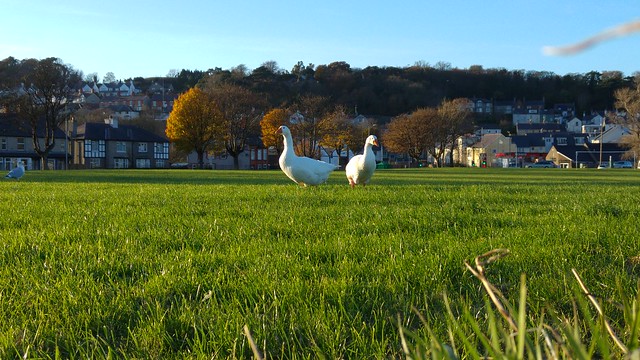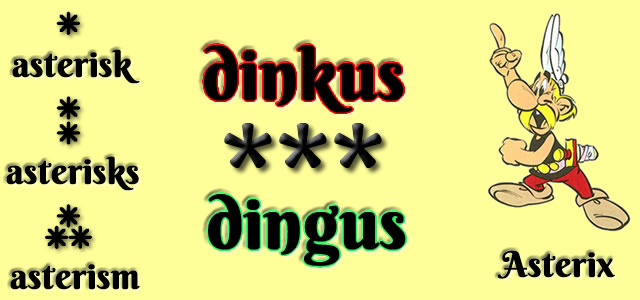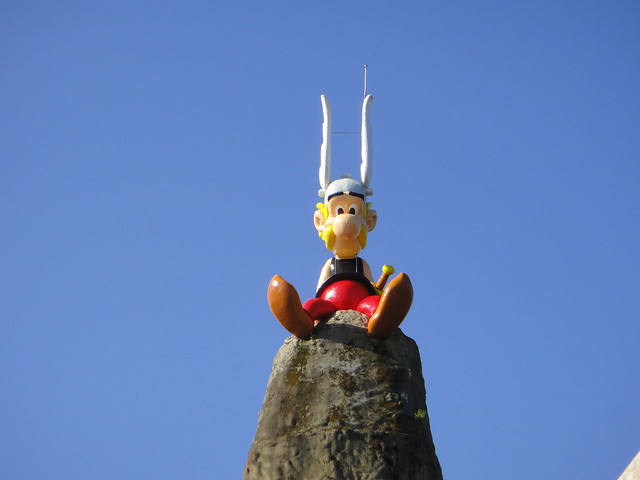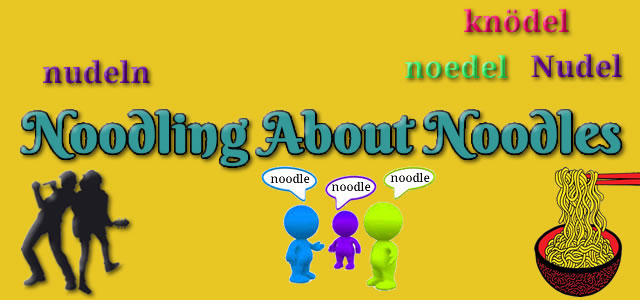Podcast: Play in new window | Download
In this Adventure in Etymology we find out whether the words sad and satisfied are connected.
Sad [sæd] means various things, including:
- Feeling sorrow; sorrowful, mournful.
- Appearing sorrowful.
- Causing sorrow; lamentable.
- Poor in quality, bad; shameful, deplorable, regrettable, poor.
It can mean unfashionable, socially inadequate or undesirable (in slang), and in the past it meant:
- Sated, having had one’s fill; satisfied, weary.
- Steadfast, valiant.
- Dignified, serious, grave.
- Heavy; weighty; ponderous; close; hard.
It comes from Middle English sad [sa(ː)d] (sated, weary; firm, solid, hard, thoughtful, serious, sad (sorrowful), authentic, true, genuine; dark, deep [colours]), from Old English sǣd [sæːd] (full, sated, weary), from Proto-West-Germanic *sad (sated, full) from Proto-Germanic *sadaz [ˈsɑ.ðɑz] (sated, full), Proto-Indo-European *seh₂- (to satiate, satisfy) [source].
Words from the same roots include satt [zat] (not hungry, satiated, full, fed up) in German, sāts (moderation, satiation, fill) in Latvian, sáith [sˠaːç] (sufficiency, enough, fill) in Irish, and satiate, satisfied and insatiate in English [source].
The Welsh word sad was borrowed from Middle English, and means firm, stable, steady, solid, certain, sure, wise, discreet, sober, grave, melancholy, and various other things. Related words include sadiwr (stabilizer) and sadeiddio (to make or become firm or stable) [source].
You can also listen to this podcast on: Apple Podcasts, Amazon Music, TuneIn, Podchaser, Podbay or Podtail and other pod places.
If you would like to support this podcast, you can make a donation via PayPal or Patreon, or contribute to Omniglot in other ways.
Radio Omniglot podcasts are brought to you in association with Blubrry Podcast Hosting, a great place to host your podcasts. Get your first month free with the promo code omniglot.
I also write about words, etymology and other language-related topics on the Omniglot Blog, and I explore etymological connections between Celtic languages on the Celtiadur blog.
















